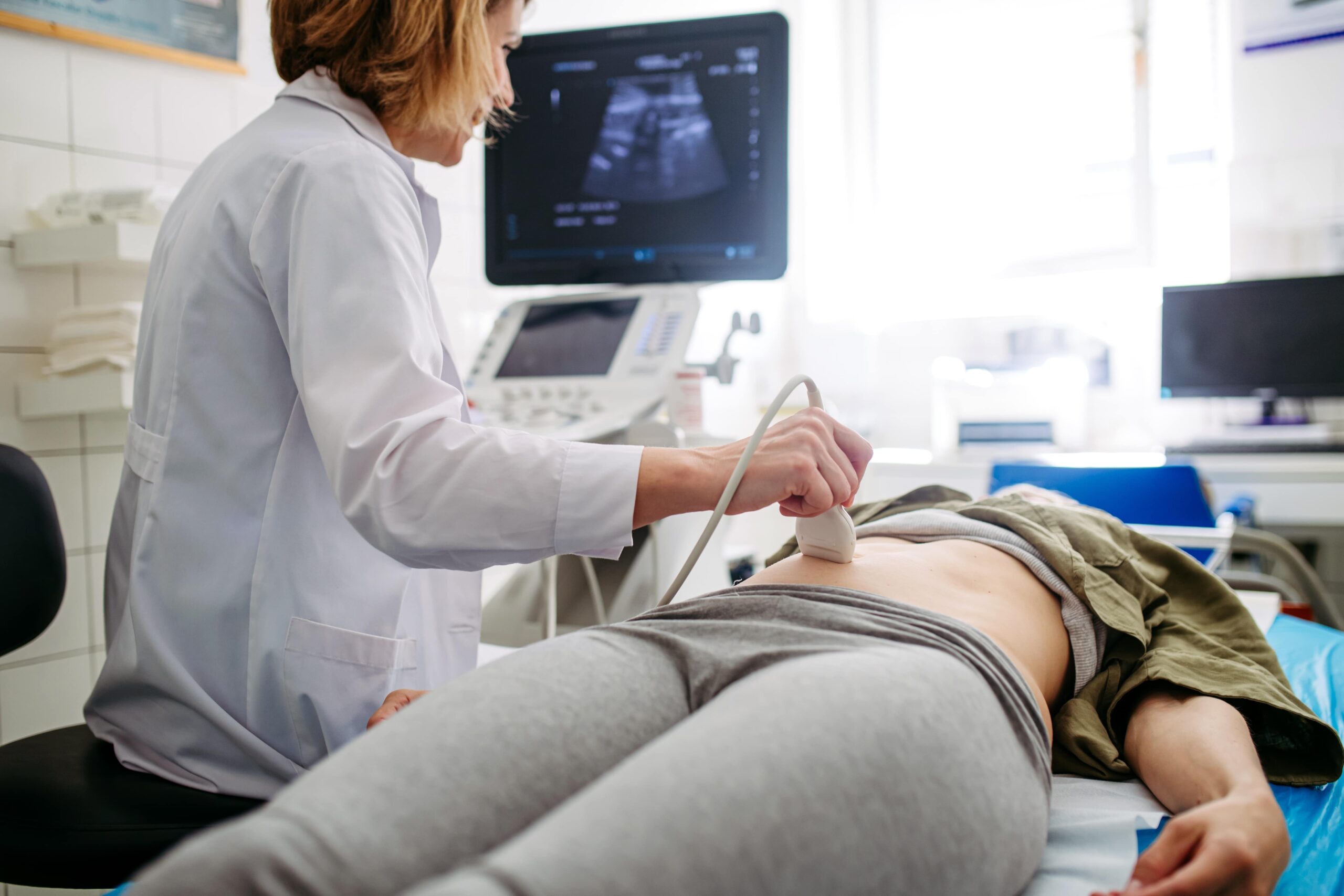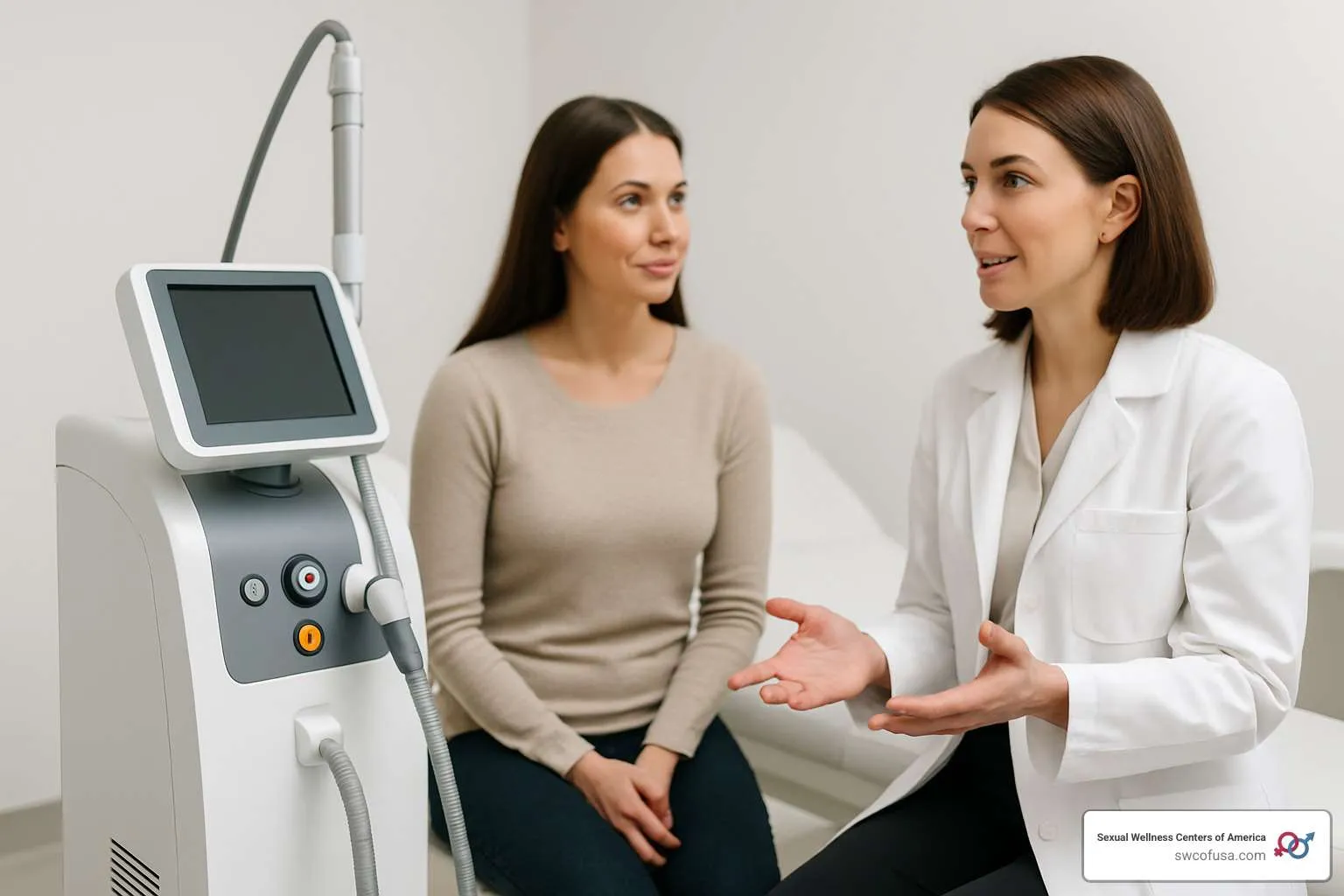Gynecology is the branch of medicine that focuses on women’s reproductive health. Every woman, at some stage of life, experiences changes in her reproductive system, whether it is related to menstruation, pregnancy, or menopause. While some issues are minor and temporary, others can affect overall health and well-being if not addressed in time. Understanding common gynecology problems in women helps with early diagnosis, prevention, and treatment.
In this article, we’ll go through the most common gynecology issues women face, their causes, symptoms, and available treatment options.
1. Menstrual Disorders
One of the most common reasons women visit a gynecologist is due to menstrual irregularities. Problems with periods can appear in different ways:
- Heavy menstrual bleeding (Menorrhagia): When a woman bleeds excessively during her period.
- Painful periods (Dysmenorrhea): Severe cramps and discomfort that interfere with daily life.
- Irregular periods: Cycles that are shorter, longer, or unpredictable.
- Amenorrhea: Complete absence of periods for months without pregnancy.
Causes: Hormonal imbalance, stress, thyroid problems, uterine fibroids, or polycystic ovary syndrome (PCOS).
Treatment: Lifestyle changes, birth control pills, pain relievers, or medical procedures depending on severity.
2. Polycystic Ovary Syndrome (PCOS)
PCOS is a hormonal disorder where small cysts form on the ovaries. It affects millions of women worldwide and often goes undiagnosed for years.
Symptoms include:
- Irregular or missed periods
- Weight gain or difficulty losing weight
- Excessive hair growth (face, chest, back)
- Acne and oily skin
- Difficulty getting pregnant
Causes: The exact cause is not fully understood, but genetics and insulin resistance play a major role.
Treatment: While there’s no cure, lifestyle changes, medications to regulate hormones, and fertility treatments can help manage PCOS effectively.
3. Endometriosis
Endometriosis happens when the tissue that normally grows inside the uterus grows outside of it, often on the ovaries, fallopian tubes, or pelvis.
Symptoms:
- Very painful periods
- Pain during intercourse
- Lower back or pelvic pain
- Difficulty conceiving
Causes: The exact cause is unclear, but factors include genetics, retrograde menstruation (when blood flows backward into the pelvis), and immune system issues.
Treatment: Pain relief medicines, hormone therapy, and in severe cases, surgery to remove affected tissue.
4. Uterine Fibroids
Fibroids are non-cancerous growths in the uterus that often develop during reproductive years.
Symptoms include:
- Heavy menstrual bleeding
- Long periods
- Pelvic pain or pressure
- Frequent urination
- Difficulty conceiving
Risk factors: Family history, obesity, and hormonal changes.
Treatment: Medication to shrink fibroids, non-invasive procedures, or surgery depending on the size and symptoms.
5. Vaginal Infections
Infections are another common gynecology problem, and they can happen due to bacteria, yeast, or parasites.
Types of vaginal infections:
- Yeast infections: Caused by overgrowth of fungus (Candida).
- Bacterial vaginosis: Imbalance of good and bad bacteria in the vagina.
- Trichomoniasis: A sexually transmitted infection caused by a parasite.
Symptoms: Itching, burning, unusual discharge, and unpleasant odor.
Treatment: Antifungal creams, antibiotics, or prescription medications depending on the cause.
6. Pelvic Inflammatory Disease (PID)
PID is a serious infection of the female reproductive organs, usually caused by sexually transmitted infections (STIs) like chlamydia or gonorrhea.
Symptoms:
- Pelvic pain
- Fever
- Abnormal vaginal discharge
- Painful urination or intercourse
Complications: If untreated, PID can cause infertility, ectopic pregnancy, or chronic pelvic pain.
Treatment: Antibiotics and in severe cases, hospitalization.
7. Cervical Dysplasia and Cervical Cancer
Cervical dysplasia refers to abnormal changes in the cells of the cervix, often caused by human papillomavirus (HPV). If left untreated, it can lead to cervical cancer.
Symptoms: Early stages may have no symptoms, but advanced cases show:
- Vaginal bleeding after sex
- Pelvic pain
- Unusual discharge
Prevention and treatment: Regular Pap smears, HPV vaccination, and prompt medical treatment for abnormal findings.
8. Menopause-Related Issues
Menopause usually occurs between ages 45–55, marking the end of menstrual cycles. While it’s a natural transition, it often brings gynecology-related problems.
Common symptoms:
- Hot flashes and night sweats
- Vaginal dryness
- Mood swings
- Sleep disturbances
- Decreased bone density
Treatment: Hormone replacement therapy (HRT), lifestyle changes, and supplements to manage symptoms.
9. Ovarian Cysts
Many women develop ovarian cysts at some point, which are fluid-filled sacs on the ovaries. Most are harmless and resolve on their own, but some cause problems.
Symptoms:
- Pelvic pain
- Bloating
- Pain during intercourse
- Irregular periods
Treatment: Monitoring, medication, or surgery if the cysts are large, painful, or cancerous.
10. Infertility
Infertility is defined as not being able to conceive after one year of regular unprotected intercourse. It affects both men and women, but gynecology-related problems like PCOS, endometriosis, blocked fallopian tubes, and hormonal issues often contribute to female infertility.
Treatment options: Fertility drugs, assisted reproductive techniques (IVF, IUI), or surgery in some cases.
Quick Overview in Table Form
| Gynecology Problem | Common Symptoms | Possible Treatments |
|---|---|---|
| Menstrual Disorders | Heavy/irregular periods, cramps | Medicines, lifestyle changes |
| PCOS | Irregular cycles, weight gain, acne | Hormonal therapy, lifestyle |
| Endometriosis | Severe cramps, pelvic pain | Pain relievers, surgery |
| Fibroids | Heavy bleeding, pelvic pain | Medication, surgery |
| Vaginal Infections | Itching, discharge, odor | Antibiotics/antifungals |
| PID | Pelvic pain, fever, discharge | Antibiotics |
| Cervical Problems | Abnormal bleeding, discharge | Pap smears, HPV vaccine |
| Menopause Issues | Hot flashes, dryness, mood changes | HRT, lifestyle support |
| Ovarian Cysts | Pelvic pain, bloating | Observation, surgery |
| Infertility | Difficulty conceiving | IVF, medications, surgery |
Conclusion
Gynecology problems in women are more common than many realize, and most of them can be managed successfully if diagnosed early. Regular gynecology checkups, practicing safe sex, maintaining a healthy lifestyle, and not ignoring unusual symptoms are key to good reproductive health. Awareness and timely medical care can make a big difference in preventing complications.
FAQs About Common Gynecology Problems in Women
1. How often should women visit a gynecologist?
Most experts recommend women visit a gynecologist once a year for a routine checkup, even if they have no symptoms.
2. Can stress cause gynecological problems?
Yes, stress can affect hormonal balance, leading to irregular periods, missed cycles, and even fertility issues.
3. Are all ovarian cysts dangerous?
No, most ovarian cysts are harmless and go away on their own. However, large or persistent cysts should be evaluated by a doctor.
4. What age should women start Pap smear screenings?
Doctors generally recommend starting Pap smears at age 21 and repeating every 3 years, unless otherwise advised.
5. Can diet and lifestyle changes improve gynecological health?
Absolutely. A balanced diet, regular exercise, good sleep, and avoiding smoking or excessive alcohol can help regulate hormones and reduce risks of many gynecology problems.
Social Sharing
Your Content Goes Here
Latest Posts





